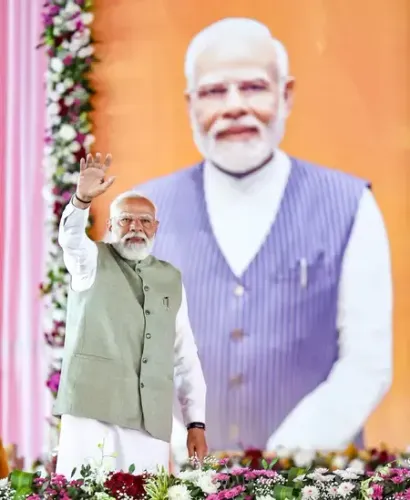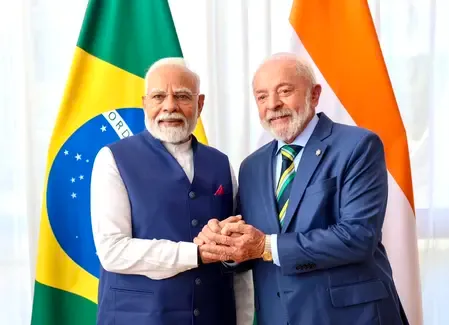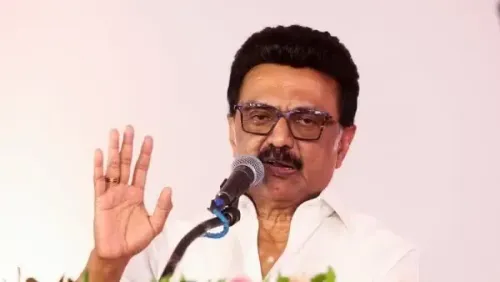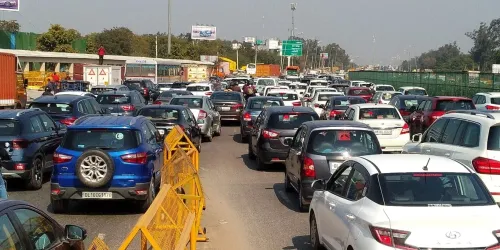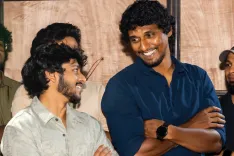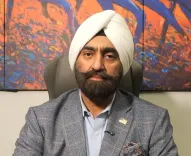Government and Opposition Clash in Parliament Over Language Issue
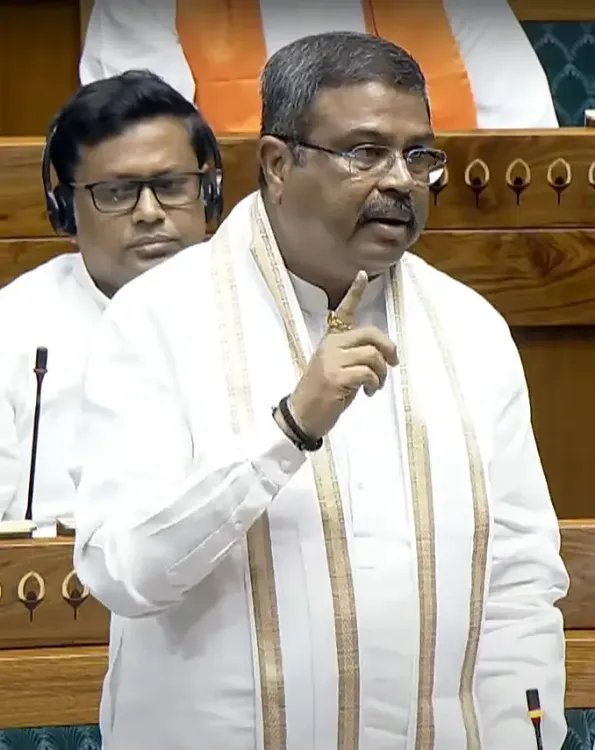
Synopsis
Key Takeaways
- Parliament session opens with chaos.
- DMK MPs protest against Centre's language policy.
- Union Education Minister criticizes Stalin's government.
- Opposition members walk out of Rajya Sabha.
- Frequent confrontations expected in upcoming sessions.
New Delhi, March 10 (NationPress) The Parliament commenced with significant tension on Monday, as anticipated on the inaugural day of the second phase of the Budget Session.
The Lok Sabha erupted into chaos immediately after it started when the Dravida Munnetra Kazhagam (DMK) MPs launched a fierce assault on the Centre over perceived attempts to 'override' the three-language policy affecting Southern states, notably Tamil Nadu.
Protests intensified as Union Education Minister Dharmendra Pradhan criticized Tamil Nadu Chief Minister M.K. Stalin's administration for its 'refusal' to implement the Centre’s policies, claiming it jeopardizes the future of students.
“They are jeopardizing the future of Tamil Nadu’s students. They are politicizing students' futures and misleading the populace for their own narrow political interests,” he stated.
This led to louder protests from the DMK lawmakers, who escalated their slogans against the Centre’s three-language policy.
As a result of the uproar, the House was adjourned until 12 noon.
In the Rajya Sabha, opposition members staged a walkout after Union Health Minister JP Nadda accused them of disrupting Parliamentary proceedings.
They exited the House mid-session after Nadda criticized the opposition for attempting to force discussions under Rule 267.
He was unrelenting in his critique, suggesting that the Opposition required a ‘refresher course’ on parliamentary rules and negotiations.
BJP MP Rekha Sharma also condemned the Opposition, alleging they are “constantly obstructing House proceedings.”
Looking ahead, the second segment of the Budget session is likely to witness recurring confrontations between the government and the Opposition, both of whom have pressing agendas.
For the government, prioritizing the clearance of the Waqf Amendment Bill and finalizing Budget approvals remains crucial, while the Opposition possesses a comprehensive list of issues to confront the ruling party.
From conflicts over language policies to the delimitation of parliamentary constituencies, disputes over EPIC numbers, and renewed violence in Manipur, the Opposition has a substantial agenda aimed at holding the Centre accountable.


